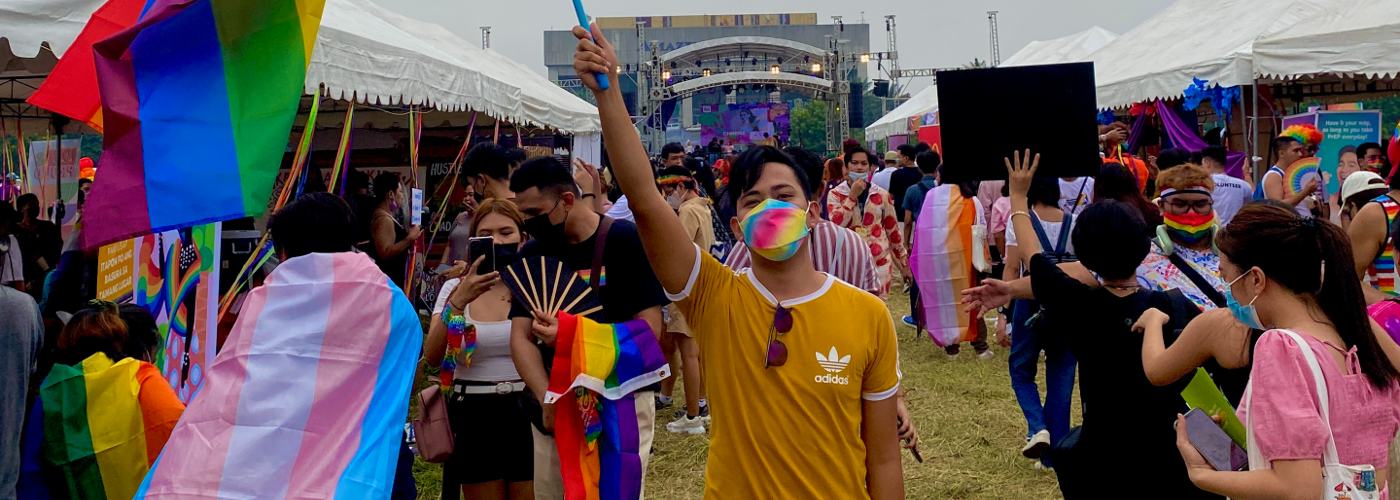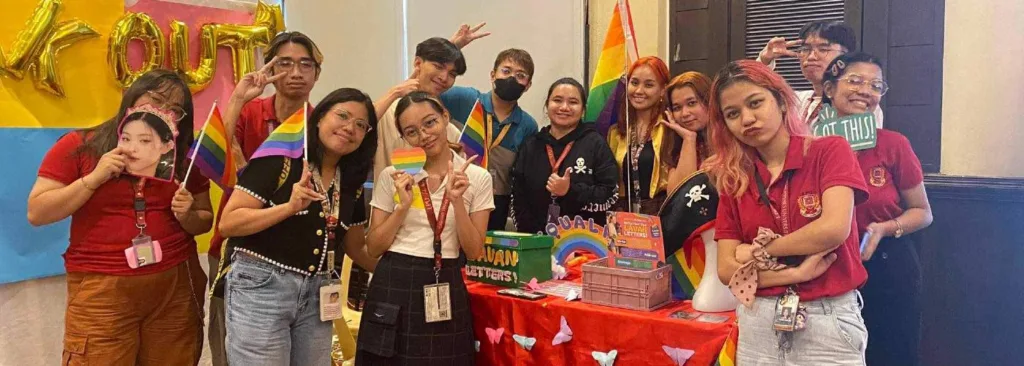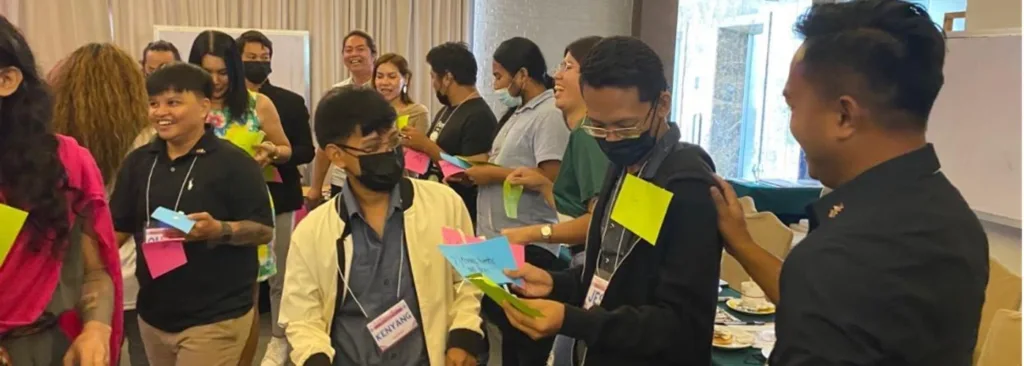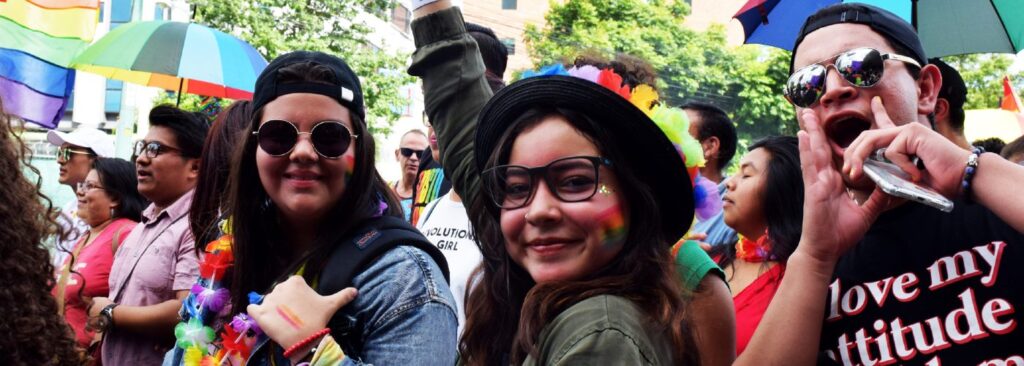Raul (he/they) is project manager in the Philippines for one of Hivos’ largest programs, Free to be Me. In Southeast Asia, the Philippines is often seen as progressive when it comes to sexual orientation and gender identity (SOGI), but according to Raul, true recognition of equality is still far away.
Is Pride celebrated in the Philippines?
“Every year in June, the capital Manila celebrates Pride Month. There are sporting events, exhibitions, and various educational activities. And of course the Pride parade, which is one of the most important events for the LGBTIQ+ community in the Philippines. Last year more than 110,000 people attended.”
What is going on in the Philippines in terms of LGBTIQ+ rights?
“Often, queer people in the Philippines don’t grow up showing their real selves; they sacrifice their authentic identity to be socially accepted and shield themselves from humiliation and discrimination. Queer Filipinos still face prejudice and even violence without any form of legal protection. It’s high time for genuine acceptance and real support. Because as long as there’s no equality, we aren’t really free to be ourselves.”
What does Pride mean to you?
“Pride has always been about activism. Of course it’s nice to be able to be yourself during gatherings, but the essence of Pride is the fight for equality, freedom and inclusion.”
If you could do what you wanted, how would you prefer to celebrate Pride?
“In a way that queer people could be themselves without fearing judgment, humiliation, or violence. And without being viewed differently because of prejudice or misinformation. Then we would be seen as people living their lives just like everyone else.”
How does Hivos contribute to LGBTIQ+ rights in the Philippines?
“The Philippines is one of 12 countries where Hivos is active with Free to be Me. The program is committed to equal economic opportunities for the LGBTIQ+ community, like access to decent jobs. For example, we contributed to a new municipal anti-discrimination law in Lapu-Lapu City that includes a groundbreaking one percent employment quota for LGBTIQ+ people.”




